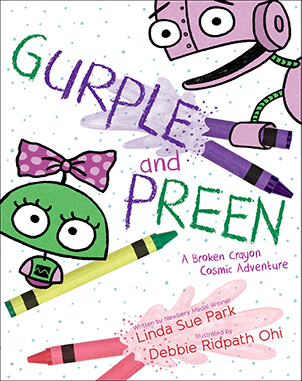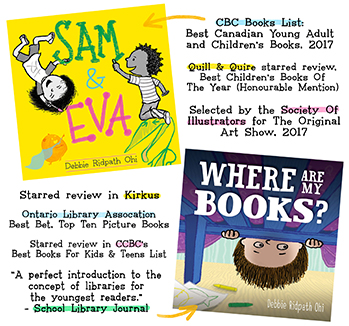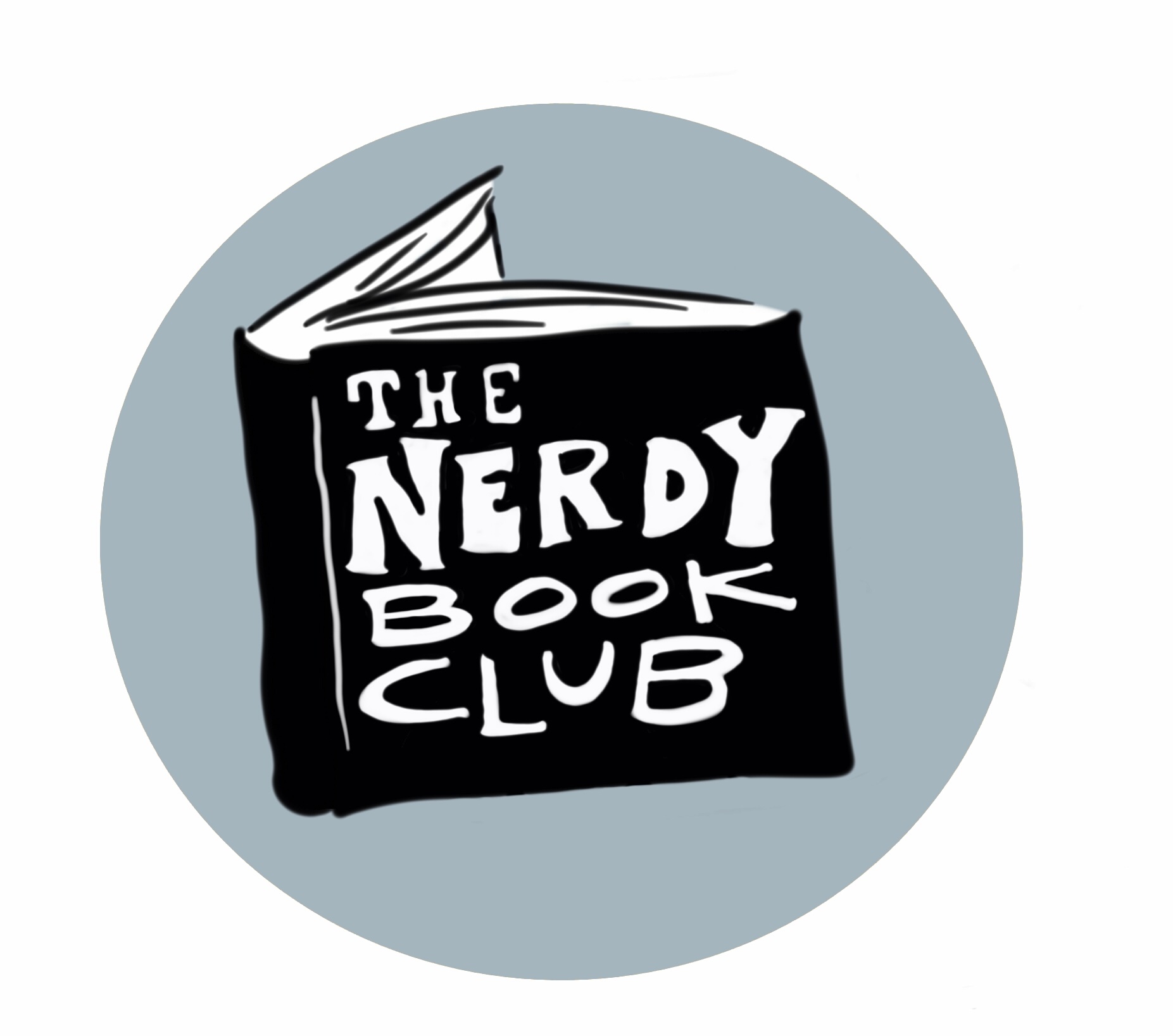Monday
Jan112010
Survey for those using LinkedIn

I joined LinkedIn years ago when it first launched, but then deleted my account because I made the mistake of accepting a connection request from someone I knew only vaguely through a few e-mail exchanges. Because of that decision, I started accepting similar connection requests. Often these were from people on LinkedIn with hundreds of connections. Then I started receiving requests which were passed down through my connection links for favours -- either referrals or information or requests for me to suggest where they should send their manuscripts.
At that point, I realized that I had made a mistake in accepting that first connection to someone I didn't really know. The purpose of LinkedIn, after all, is to establish a network of trusted business contacts.
After I quit LinkedIn, I kept hearing good things from some of my friends and work associates about LinkedIn, about how they were using it and how much it was helping them. I decided to give LinkedIn another chance, but this time I added the following warning in my profile:
PLEASE NOTE: I only link to people with whom I have worked or know personally (e.g. have had at least one meaningful conversation). A single e-mail exchange, being members of the same LinkedIn group, and being a Facebook/Twitter friend is not enough for me to add you to my network, nor is just being familiar with each other's blogs. Either we've met in person and know each other personally, or have had a longterm working relationship. Thanks for your understanding.
I recently got a request from someone I've never met in person but with whom I had interacted a few times by e-mail. I declined and explained my reasons: that I hope she understood, but I always figure I should be able to explain each connection to anyone who wants a business referral for that person. Her response:
Actually, no. I don't understand.
You didn't seem to mind the free publicity you got for the [--deleted by me--] site I set up for you, which took hours to create and also promote. I didn't get a thing out of it, personally or professionally. Now it's just too embarrassing for you to add me in case some idiot asks why you are connected to someone?
Never mind. I get it. Thanks anyway.
Ouch. I admit I was pretty baffled by the site she described. Also felt terrible...I had forgotten that this woman had offered to enable people to send each other some of my cartoons (Nanowrimo comics, maybe?) as greeting cards years ago, but at the time, I had assumed the architecture was already being used by the woman for other purposes -- had she really created an entire SITE just for me without asking anything in return??
How could I not have noticed, either through traffic or e-mails? As soon as I got this woman's message, I went searching to check but I can't find any reference to the site anymore.
Whatever the case, I wish she had reminded me about our connection before sending me the second message above. :-( I've apologized and tried to follow up, but haven't yet received a response.
But to those using LinkedIn right now, I'm curious. Have you ever declined a LinkedIn invite? Do you have any policies for what kind of connections you will and will not accept?












 Monday, January 11, 2010 at 10:05 AM
Monday, January 11, 2010 at 10:05 AM
Reader Comments (18)
So far I've only declined people who were clearly spammers, trying to increase their number of connections by apparently trying to "link" with as many strangers as they could. But now... I'll really think hard about whether I know these apparently random strangers! Always keep all your emails (I'm now very scared something like that can happen to me!)!
This is going to sound very passive and perhaps it is--but I always just ignore LinkedIn invites of people I barely know, or for whatever reason I deem it unnecessary/unwanted for them to be on LinkedIn. I never actively send them a declination. I think this is more of a potentially awkward situation if you are declining a friend invitation on Facebook--for some reason LinkedIn seems to not have taken off like Facebook therefore the declination of friendship is less of a slam. Perhaps this is just my personal view on LinkedIn and how it works for me, which is very different than how I use FB/Twitter. I've never had a problem with people whose LinkedIn invites I've ignored coming back to hound me. Also--since you have a clear declaration on your site, you shouldn't have to go explain that twice to someone. Good luck!
The policies for accepting a Social Media connection are as unique as each individual. But in my experience, it has been generally understood that connections on LinkedIn are utilized for professional purposes. As a result, I have yet to decline an invitation but will quickly remove one if unsolicited spam ensues.
This past September I published an article, "http://www.desklight.com/2009/09/to-have-friend-you-have-to-be-friend.html" rel="nofollow">To have a friend you have to be a friend" that speaks a little to the Social Media connections that you might establish.
Cheers!
I just feel that she needn't be so huffy about it since you've already made it clear up-front. If she wanted to make a connection with you, she could have made her position clearer instead of expecting you to accept any Tom, Dick and Harry just by virtue of a request. It doesn't hurt to be gracious anyhoo. =x
Debbie~
I pretty much accept anyone who is in remotely the same field(s) of my profession or interest. The entire point of social networking (at least as I teach in my classes) is to be able to better take advantage of the six degrees of separation. In an increasingly electronic age, it would be severely limiting to reduce that scope to only people one has personally interacted with. One never knows where the legs might lead, the friendships or business relationships that might develop. Case in point: I had met the woman who became one of my closest friends and writing partners. We both happened to be friends of Bob Mayer and connected via Twitter.
But, back to your dilemma...
We are entering a new era with a totally new type of human interaction. The rules of etiquette have yet to be firmly established. So a solution??? I know it takes more time to do, but, when I teach about this, I suggest that if individuals really desire to have a place where there are only intimate connections...make it a different site altogether. Have 2 MySpace pages or 2 Facebook Pages. This way there is a clearer distinction and it is easier to make boundaries. I use MySpace as a general site to connect with everyone, yet my Facebook is only for friends, family and fellow writers I KNOW. It is a bit more work--although there are so many tools to update and manage simultaneously now it really isn't that tough--but it sure beats having to explain yourself all the time.
Well, now that I have left a TOME on here, I hope this was helpful.
And yes, the woman should have written you a message that explained your connection, but I see how she would have been hurt as well. These sites do not use "Add Friend" without reason. They specifically choose "Friend" to impart a subconscious cue that this is a deeper relationship than what it is. People, rightly or wrongly, often do take the term "friend" very seriously, perhaps more seriously than is healthy. But, live and learn and move on.
Good luck!
Kristen
Vieux: I don't just add people because I've interacted with them, though. I only add people whom I could honestly recommend to a potential business contact.
Kristen: Oh, I -totally- understand why this person would be hurt! And I've followed up with a message apologizing to her.
How dare you violate that woman's right to be your LinkedIn buddy! Debbie, you are guilty of a grave error in judgement. And that is making your criteria for acceptance and/or rejection public. You have a right to accept or reject anyone for whatever reasons tickle your foolish fancy, and are not obliged to offer explanations to total strangers.
Kristen:
After reading an enlightening post by Jane Friedman, I've opened up my Facebook friend list to pretty much anyone who has any kind of connection or interest with/in me.
For LinkedIn, however, my attitude is different. When I had an open policy before, it ended up irritating several of my connections because I kept getting requests from 2nd- and 3rd- party connections (through someone I didn't really know well) wanting things from me, and these had to be passed through all my connections.
So this time around, I decided to be more selective in the people I add to my Connections network. As Jason pointed out above, social media policies tend to be highly individual but it's generally accepted that on LinkedIn, connections are of a business nature. My own policy is that I'd much rather have a relatively small network of highly trusted individuals than a huge network of people whom I know only vaguely.
As for the point of social networking, I think it depends on the individual. I didn't join Facebook to take advantage of the six degrees of separation, though others might be. I joined it as a way of keeping up-to-date with personal friends. Now it also helps me keep up with others I've met in the publishing industry. :-)
Debbie
I think it’s easy to make a mistake like this in an overwhelming world of overloaded email boxes,Twitter, Facebook, etc. where it’s so hard to keep up with all the people we come in contact with. I too fear offending someone because I’ve forgotten some connection we’ve had, but once in a while it just can’t be helped and I don’t think you should beat yourself up about it. :-) Yes, she should have reminded you about your connection. But people use LinkedIn for all different reasons.
I have joined largely for the groups where I can interact with other writers and those with similar interests, and also let them know about my books and blogs. And if you’re members of the same group people can legitimately ask to connect with you via LinkedIn and I do connect with some of these people whom I don’t really “know.” For me, having a connection with someone I don’t know doesn’t bother me. If down the line I get asked a favor that I feel is inappropriate, hopefully I can decline politely and there will be no hard feelings.
There's a strong possibility, however clear your policy, that the person didn't read your profile before sending an invite, so was not aware of it (but I agree that it's easy on LinkedIn to just ignore requests... yet it becomes awkward if the person then sees you're being very active on the site (but if they have the kind of time to notice that, it sure raises a red flag, lol!)...).
I have the same reaction -- I accept only people I know/do business with, but perhaps I should/could revise that, seeing as recommendations are another thing altogether (there's no implying you're recommending someone just because he/she's in your network). BUT: I don't get requests like you do! In your case, I think your policy is easy to justify, and if it works for you, then it's right for you! :-)
Like most folk, I find LinkedIn a good business resource, and a poor social resource. I have no problem refusing connections from people I don't know, but I am more aggressive at connecting with people whom I've worked with, even if it was many years ago and I haven't seen them since.
It's like a big job reference database, and nothing more.
On Facebook, it's purely social. Since I am friends with some people I've worked with, there is a bit of overlap.
So it's kind of funny -- it seems I am much more guarded than you vis-a-vis Facebook friends.
A friend had LinkedIn send me an invitation on his behalf. It sent me several messages over a period of time even though I didn't respond. More recently I got a LinkedIn invitation from someone who said she hadn't sent me one at all.
These experiences are enough for me to avoid any contact with LinkedIn.
I use LinkedIn for my job (IT Industry). I'm connected to a lot of people in my industry, many I don't know personally or remember why we're connected, since it was a while back, but many I do. I'm never really bothered by anyone, expect the occasional sales person who won't back down, then I simply 86 our connection.
I think whether it's in business or straight social networking people want to be connected. It makes us feel good, even if we don't really know the person. :) I always find though, if it's someone you don't really want to connect with for whatever the reason, simply ignore the invite. LinkedIn won't tell them. That way you can avoid the sticky situations.
Sorry for your trouble! With the amount of connections we all have, it's surprising any of us remember anyone! ;)
xoxo -- Hilary
May I play the devil's advocate and suggest that the request was bogus? That she really didn't have a past working relation with you? Her reaction seems a bit strong for a professional, and she may have only meant 1) to connect with you for whatever reason, and when that didn't happen, 2) to make you feel bad.
In any case, I will take this interaction as a lesson that anytime I ask to be someone's friend, and we are not personally acquainted, to be sure to explain who I am and our past relationship.
Hi Debbie,
As a marketing professional who teaches LinkedIn workshops, I agree with your approach because it works for you *and* you're upfront about it.
One thing to consider is that individuals who receive five consecutive "No, I don't know that person" responses from individuals they are asking to link to, actually have their account restricted by LinkedIn for a while. While I understand that policy, I don't want to be that "fifth" person, so I choose to ignore (and archive) invitations I don't want to accept.
Another way to approach "blind" requests from individuals you don't know, is what I choose to do (if I don't have a negative reason for not linking with them). I send back a reply saying that I will link with them *after* I've had a conversation with them. If they don't respond, or if they don't want to talk, I don't link with them.
In regards to the person who got upset when you turned her down . . . She could have chosen to recognize that everyone occasionally forgets someone's name or a specific thing that happened, etc, and it's rarely personal when that happens.
And on a professional level, given her response to you, would you *want* her as part of your LinkedIn network? Hmm . . .
Hopefully, this has helped you . . .If you have any questions about what I've written please let me know!
Andrea Dale
To The Point Marketing
Marketing Coach, Consultant & LinkedIn Expert
Hi! Interesting article! I love your writing style.
I have gone through a very interesting evolution with LI. When I first started, I tried to build my network as fast as possible, joining all the open networking groups, inviting anyone who would listen. Some told me that was important, so I did it.
I soon learned that was a bit useless. It took me only 6 months to figure that out... grin.
I still tend to err on the side of accepting than declining. I also never hit the "I don't know" button, as that really can penalize a person.
You do absolutely have the right to decline an invitation. I can understand your feeling bad about the above exchange, but you are right that she didn't exactly handle it well. Ultimately, do you want her in your network? No. It could easily backfire on you.
I have come to love the groups on LI and have always enjoyed the Answers section. Both have helped me tremendously.
Now I am in a better position to pay it back. I set up a few groups, one called, "Write On, Networkers!" which is designed to help writers write and network. We have fun writing contests and games.
Is it work to keep up? Yes. Is it worth it? Absolutely.
I've been able to help quite a few writers and artists to keep going, working to find their voices. That's what it is all about, right?
So, now that you and I are good friends, do you want to join my network on LI? (just kidding)
I've always only used LinkedIn as a way to keep in touch with people I've worked with, or with people I'm friends with who are in the same industry as I am -- we could wind up working together, but we haven't yet, although we know each other well enough. I've never had any spam problems, and I've been able to refer some people I know would enjoy working together.